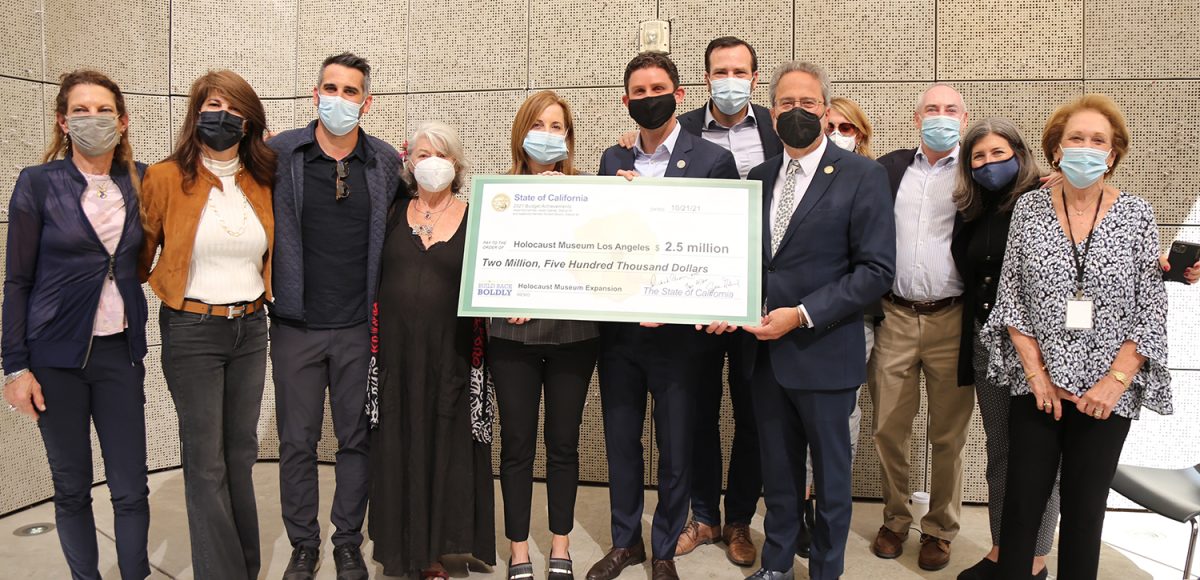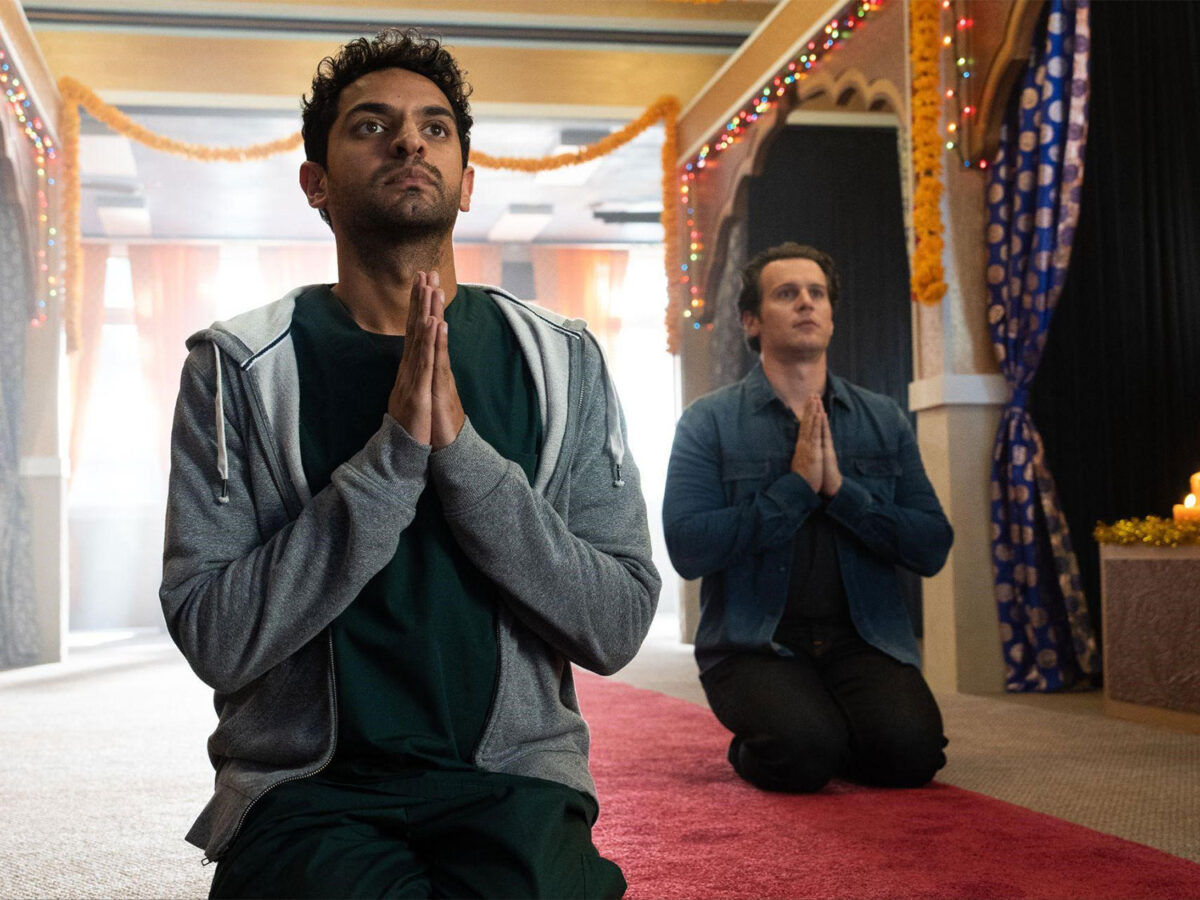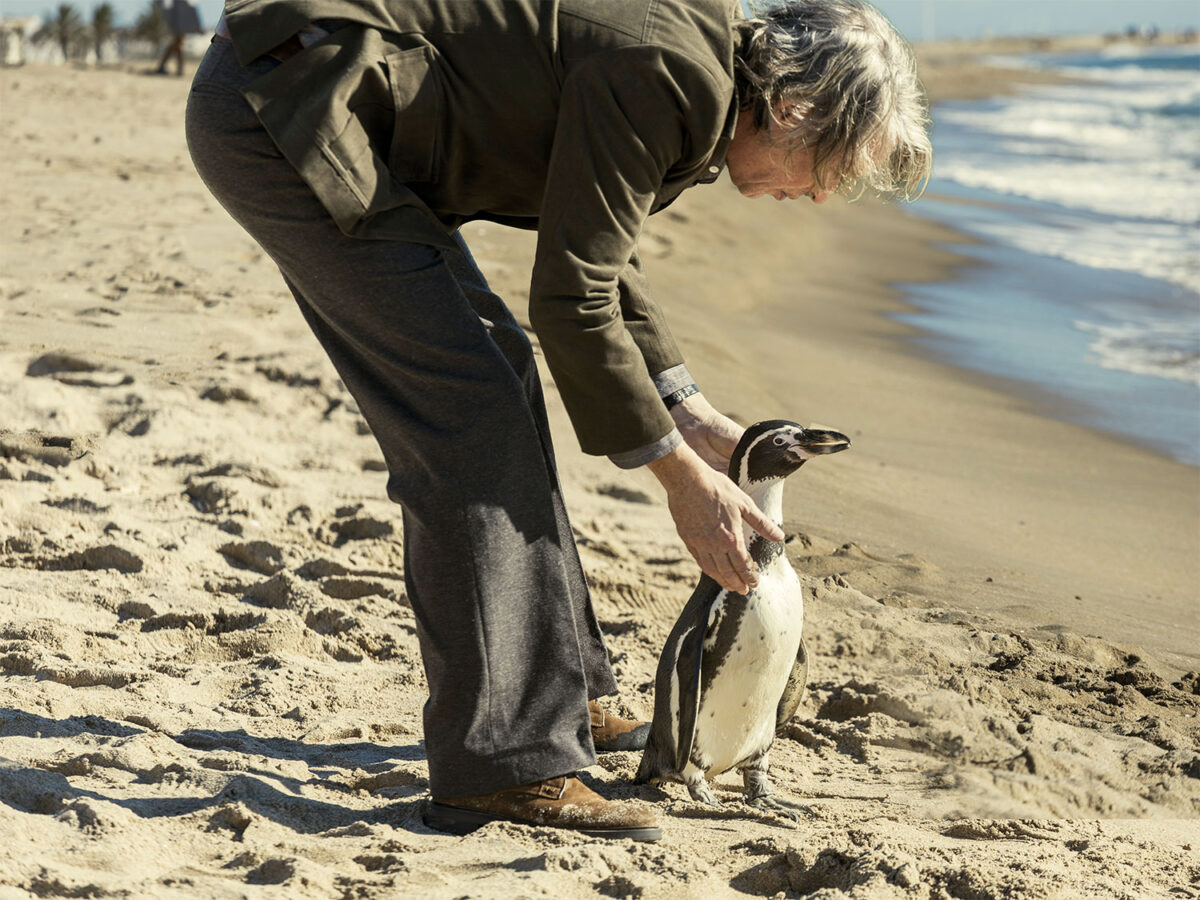The Holocaust Museum LA received $2.5 million in state funding on Oct. 21 that will support construction of the museum’s new learning center pavilion. The funding was announced by Senator Ben Allen (D-Santa Monica), Assemblymember Richard Bloom (D-Santa Monica) and Assemblymember Jesse Gabriel (D-Woodland Hills) of the California Legislative Jewish Caucus. The promised expansion comes as incidents of antisemitism have risen, prompting a renewed emphasis on Holocaust education.
“The Jewish Caucus is proud that the state budget includes funding to expand and enhance the critical work done by Holocaust Museum LA,” said Gabriel, Chair of the California Legislative Jewish Caucus. The $2.5 million adds to $6 million that the Jewish Caucus secured for the Museum in the 2019-2020 state budget.
Gabriel added: “In too many places, and especially for too many young people, the Holocaust is fading from view. At the same time, acts of antisemitism–and other forms of hatred and bigotry–are rising at an alarming rate. Education is a powerful tool, and one of the strongest antidotes to antisemitism, hatred, and bigotry of all forms.”
The museum has seen significant growth since it unveiled its permanent space in 2011, experiencing a 400% increase in visitors. Although the growth has been a positive development, it has also forced the museum to triage access.
“Museum space is at capacity, particularly during school hours–and requests for stu- dent tours and public workshops continue to increase,” Holocaust Museum LA CEO Beth Kean said. “As a result, we are forced to turn away schools and tour groups.”
The pavilion will serve as a dedicated learning center next to the existing structure. It will enable the museum to display never-be- fore-seen exhibits, including the USC Shoah Foundation’s “Dimensions in Testimony” per- manent exhibit that allows visitors to have a virtual conversation with a Holocaust survivor using a holographic capture and voice recog- nition software. It will also house a 200-seat theater, two classrooms, an authentic train boxcar found outside of Majdanek death camp in Poland, and 2,500 square feet for special exhibits. The expansion will boost capacity to 500,000 by 2030.







